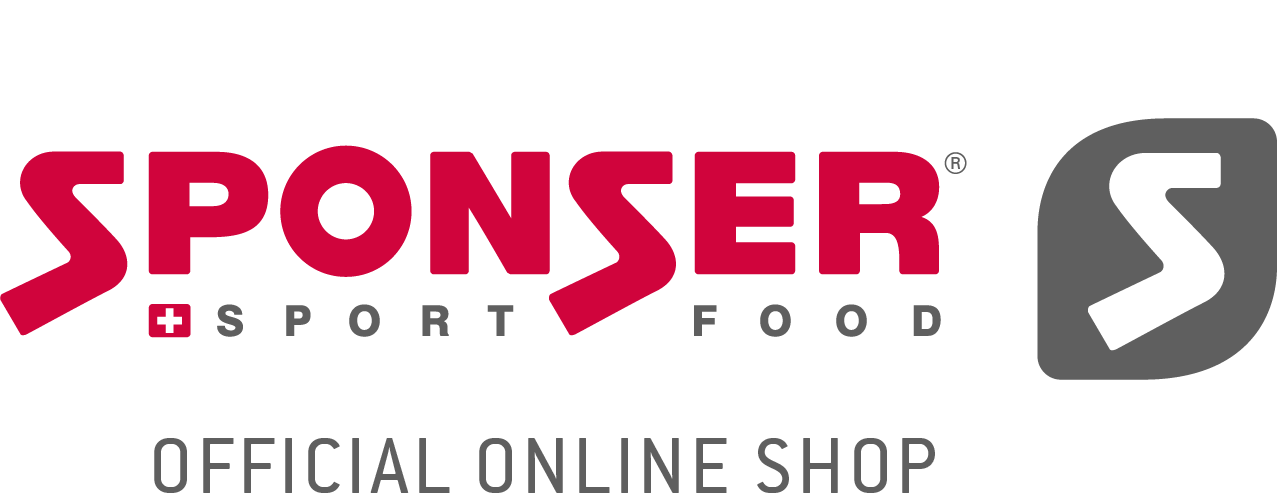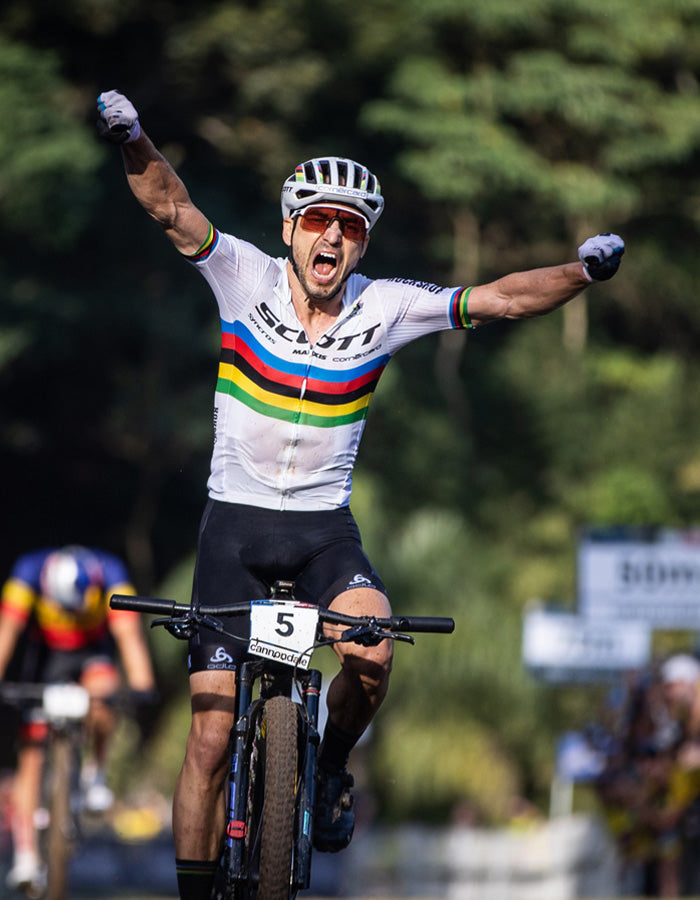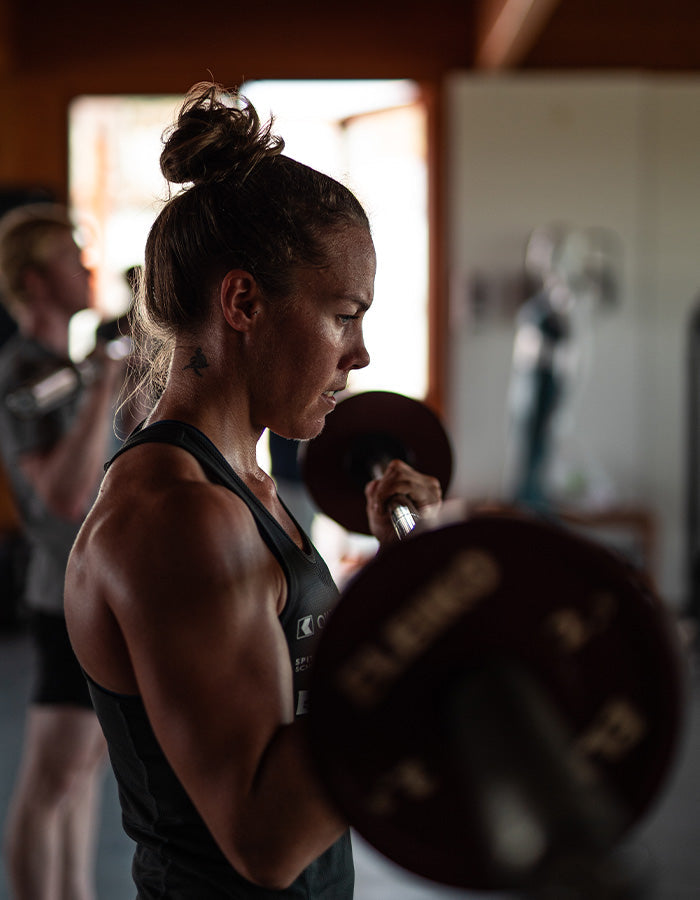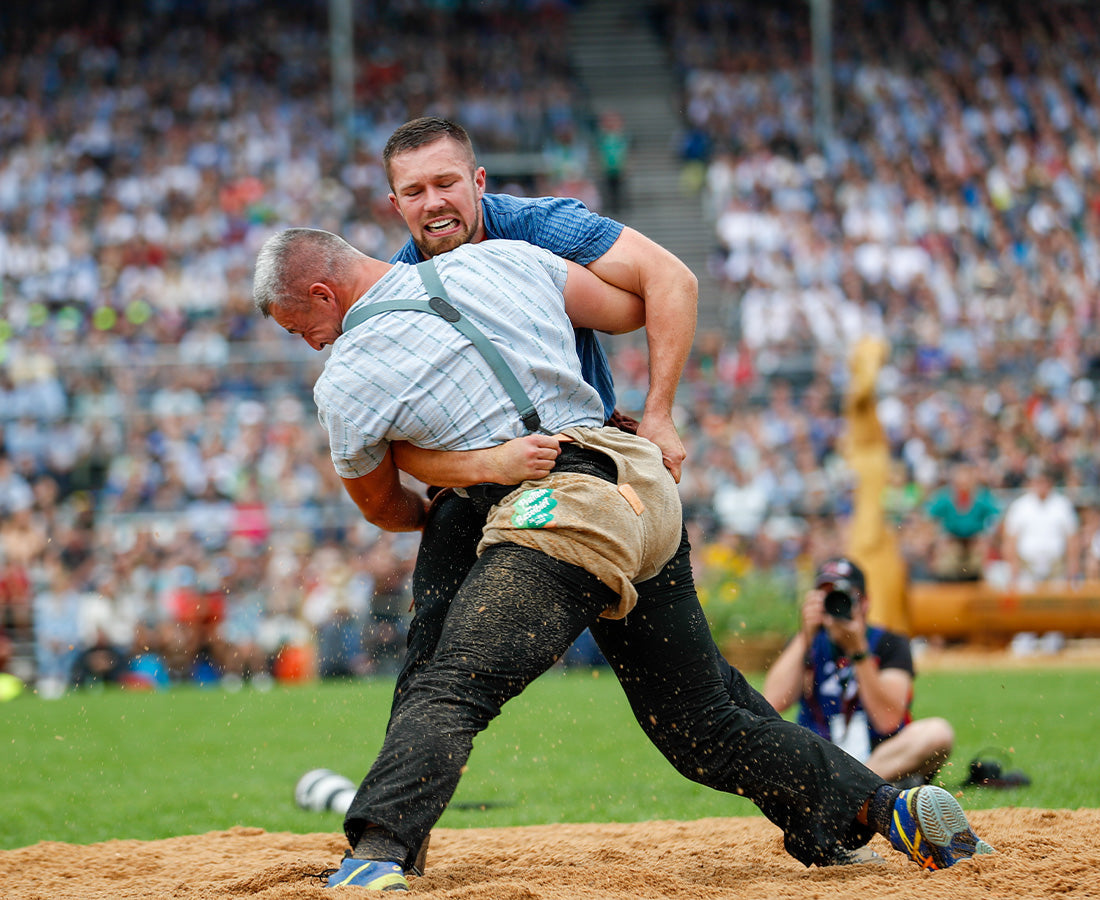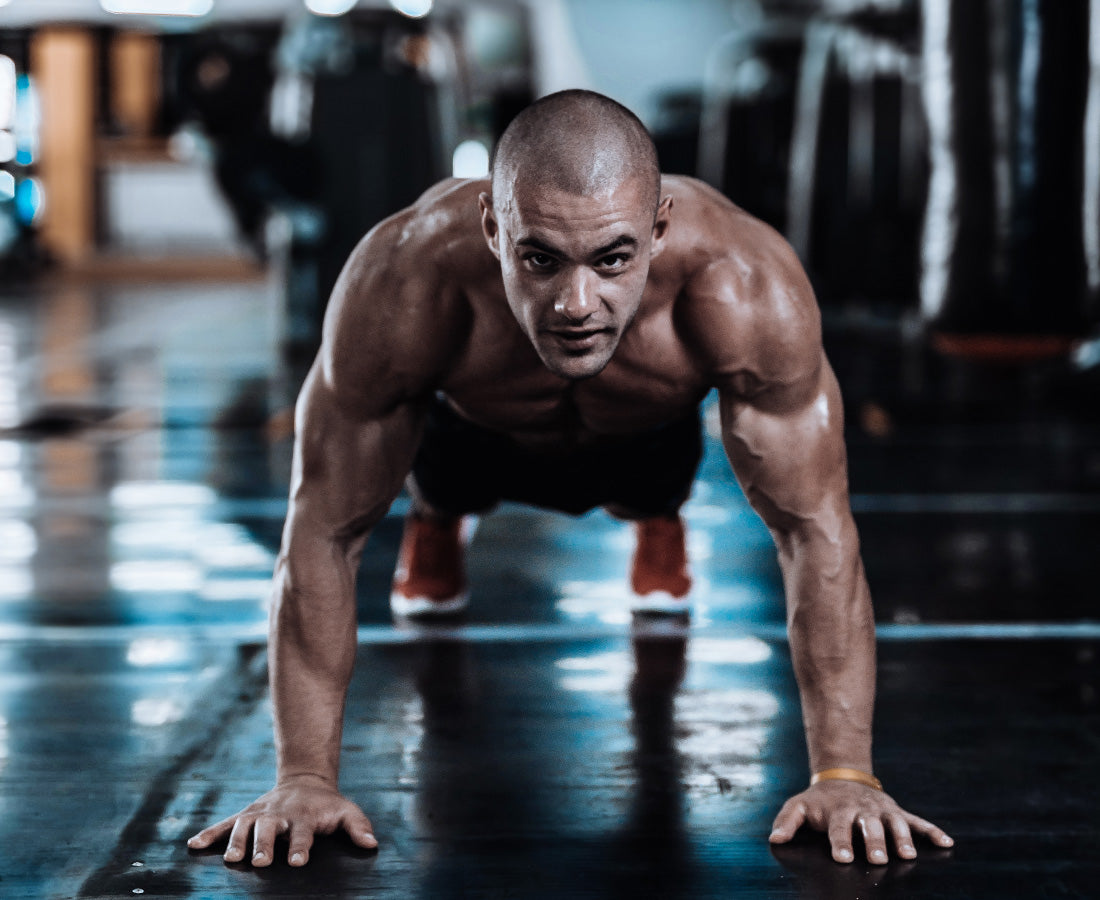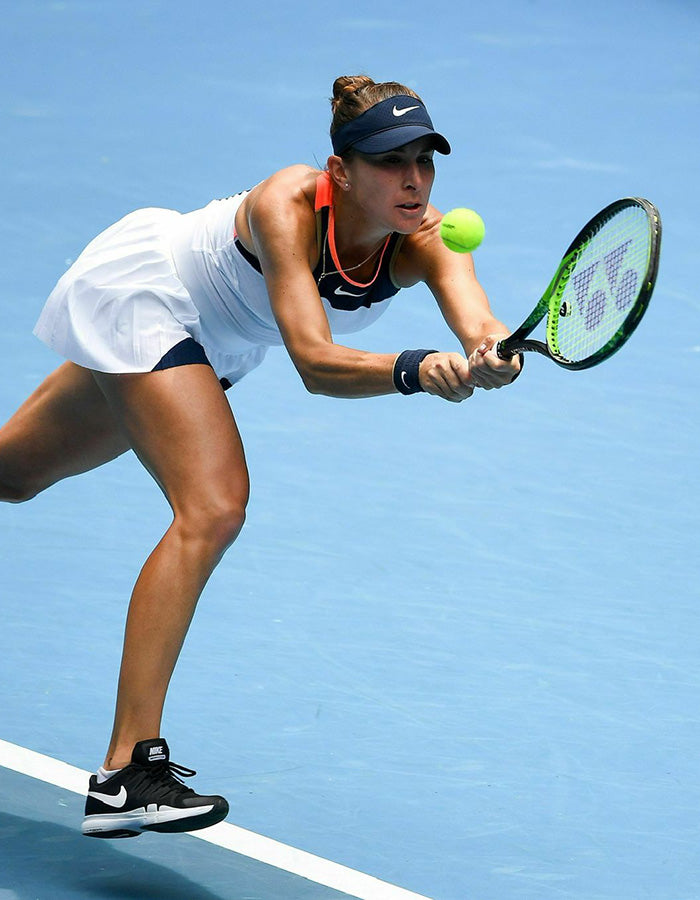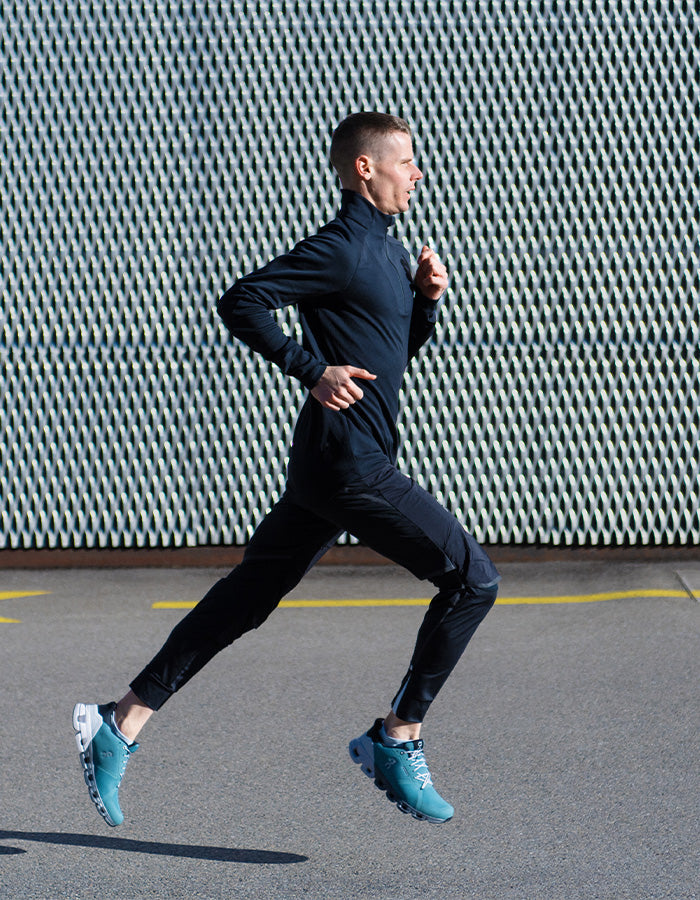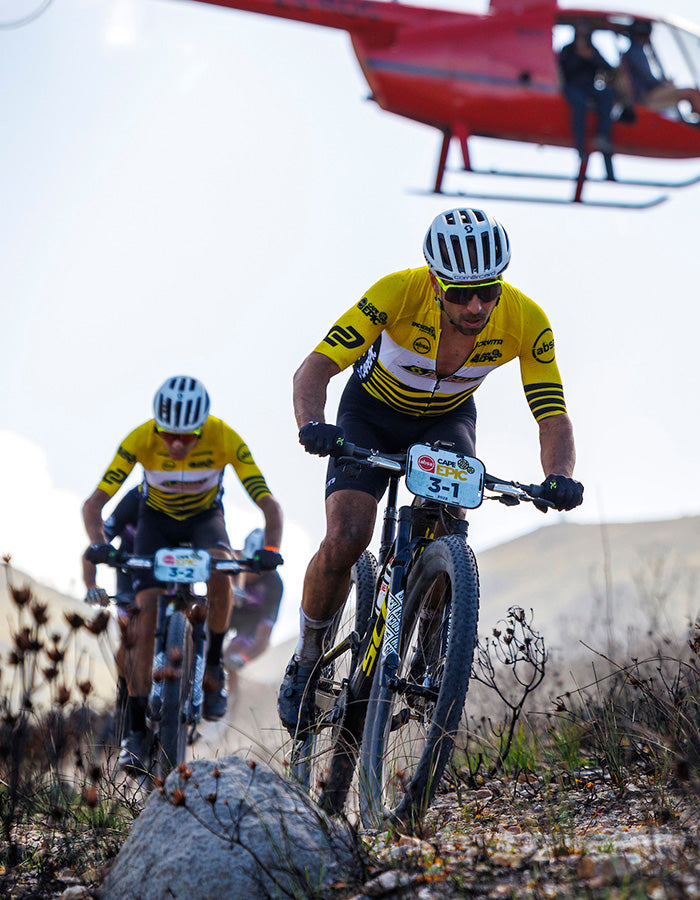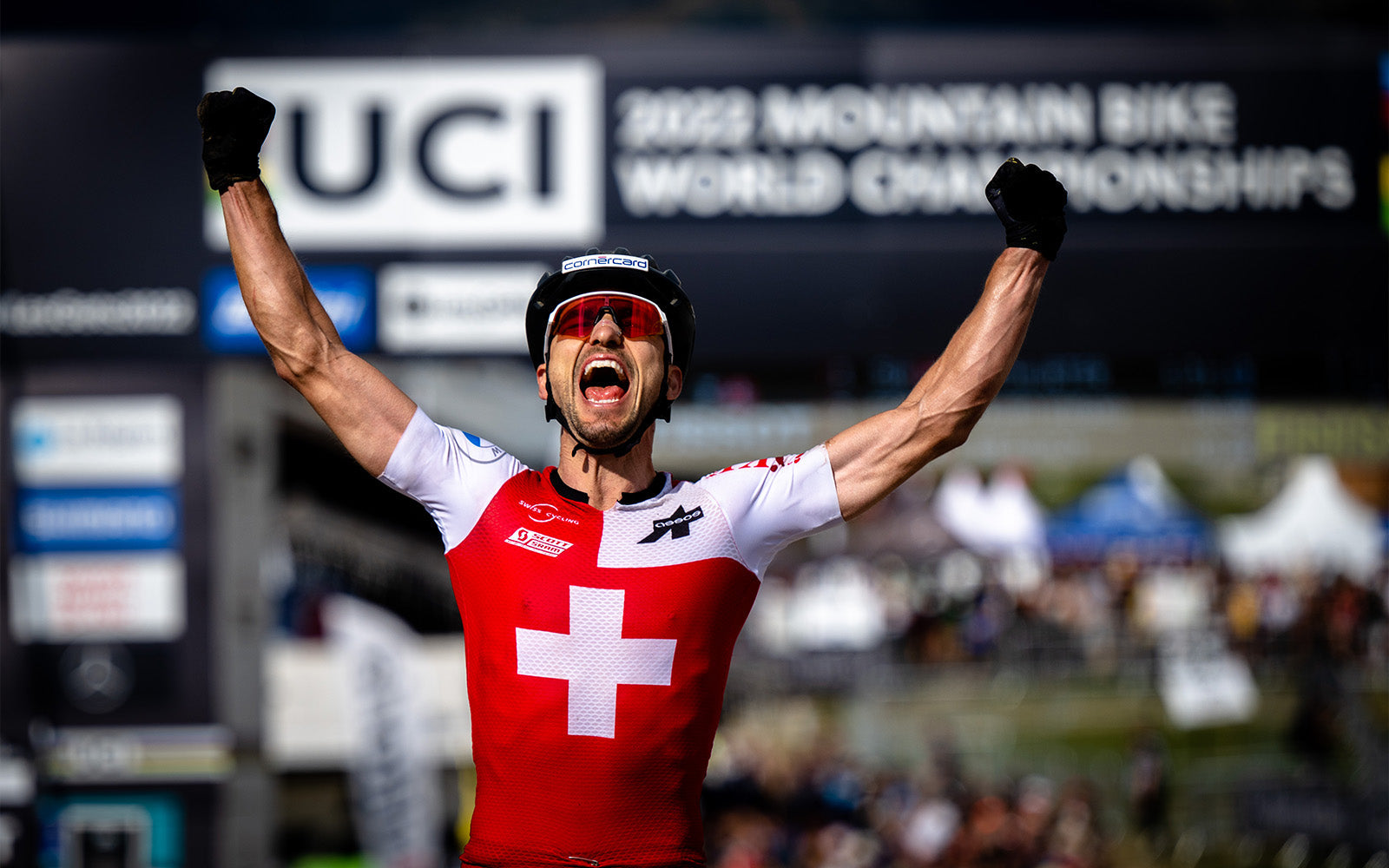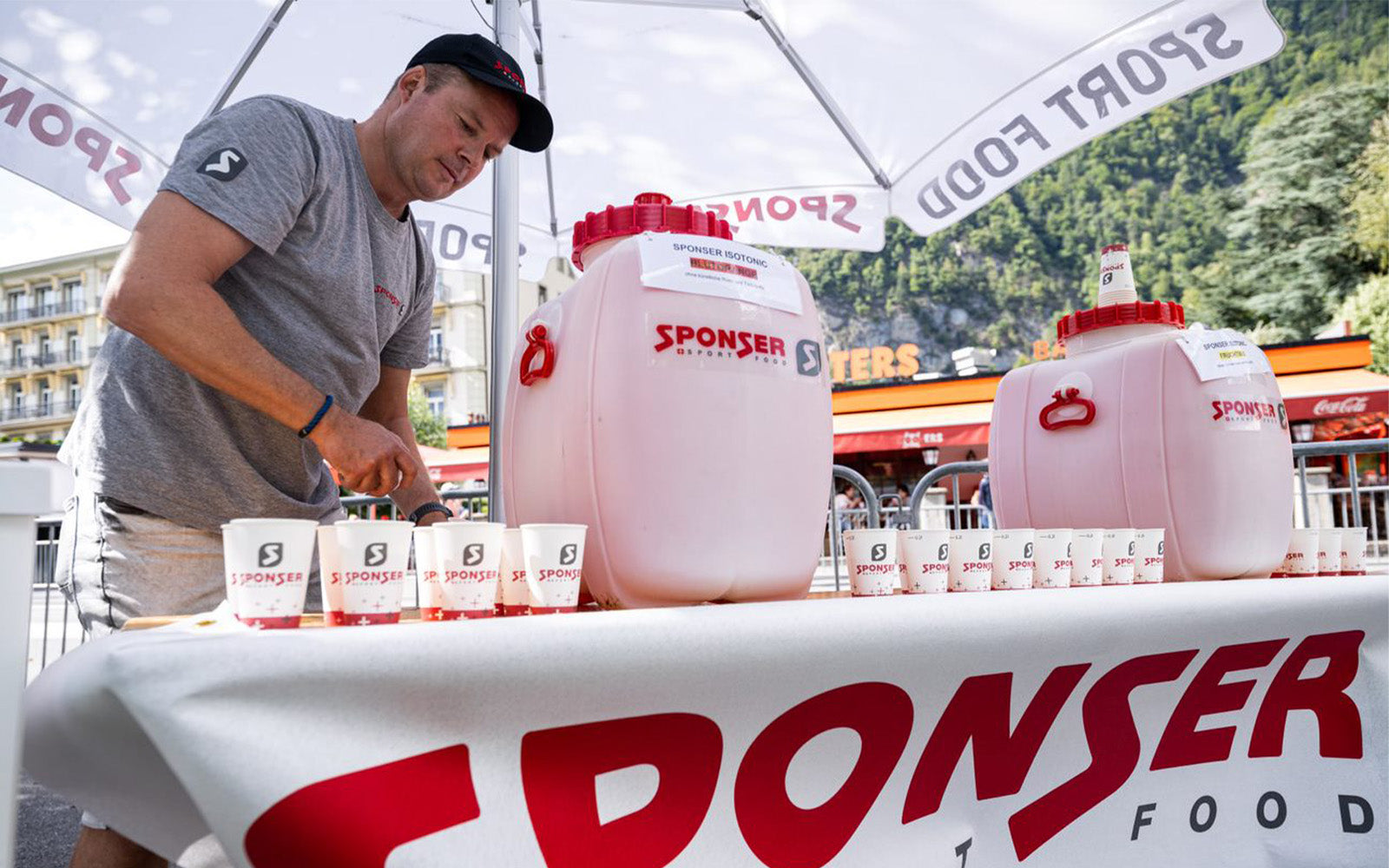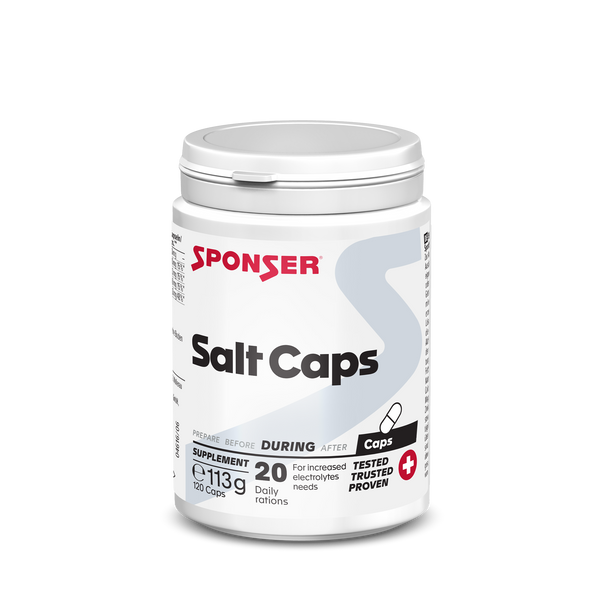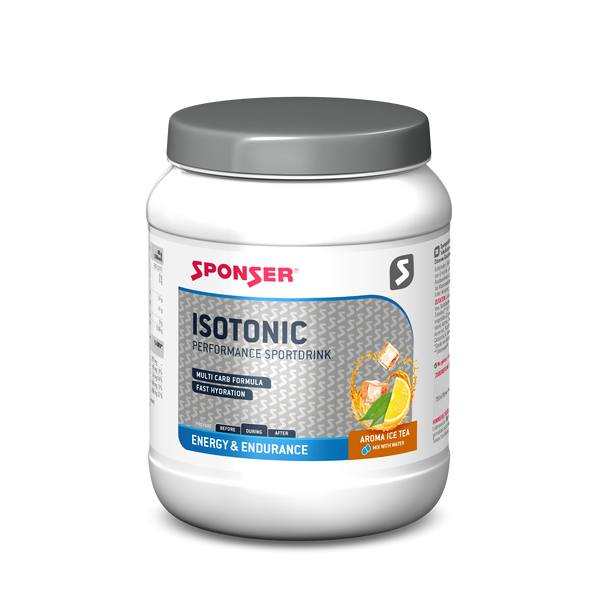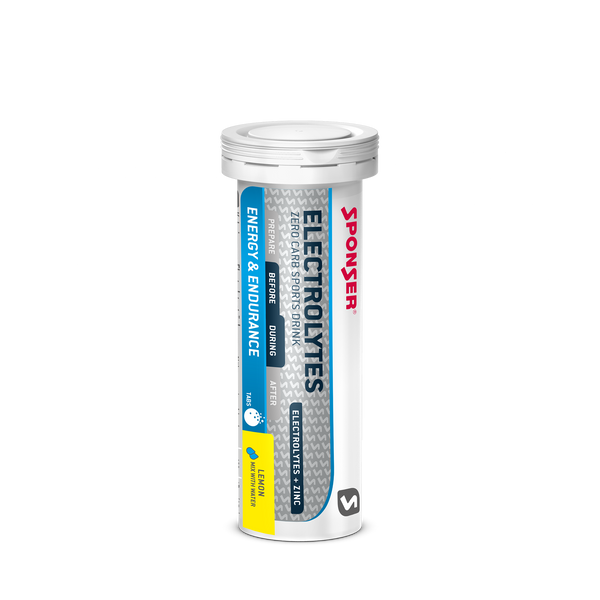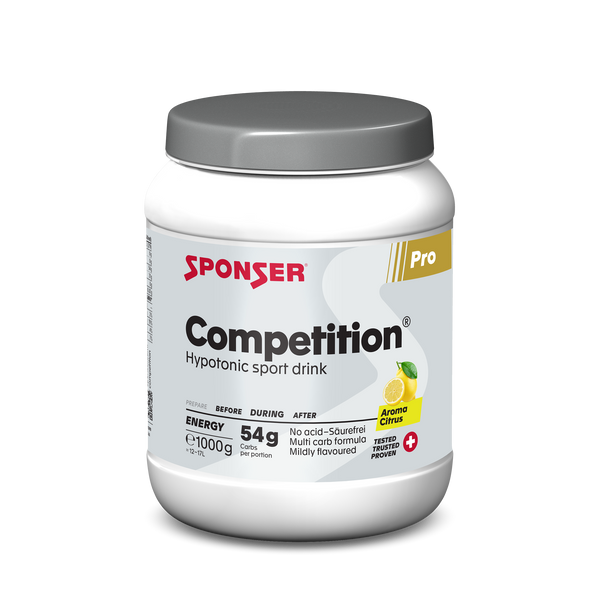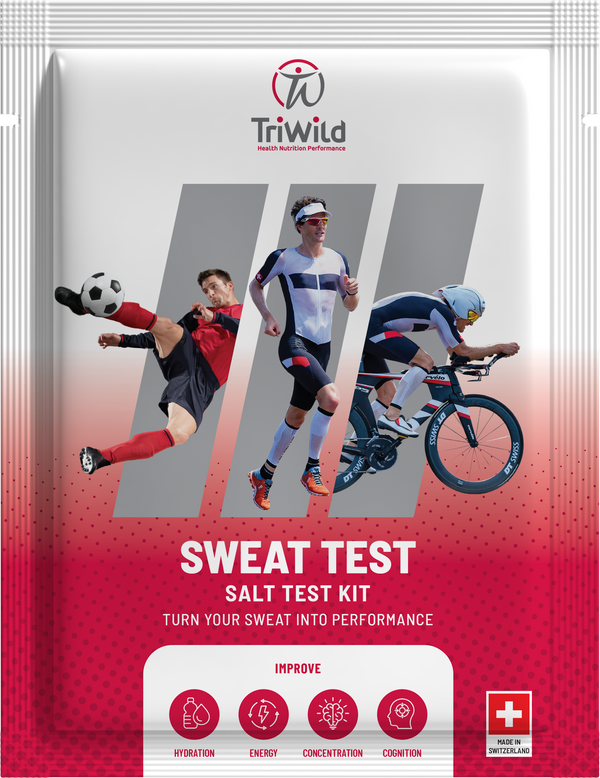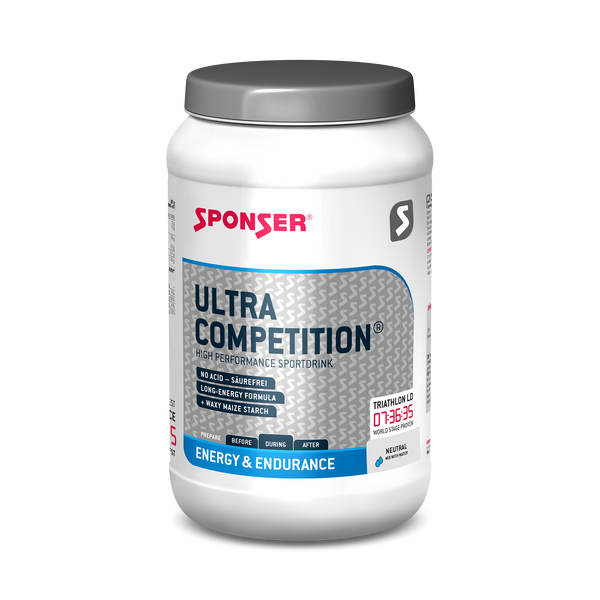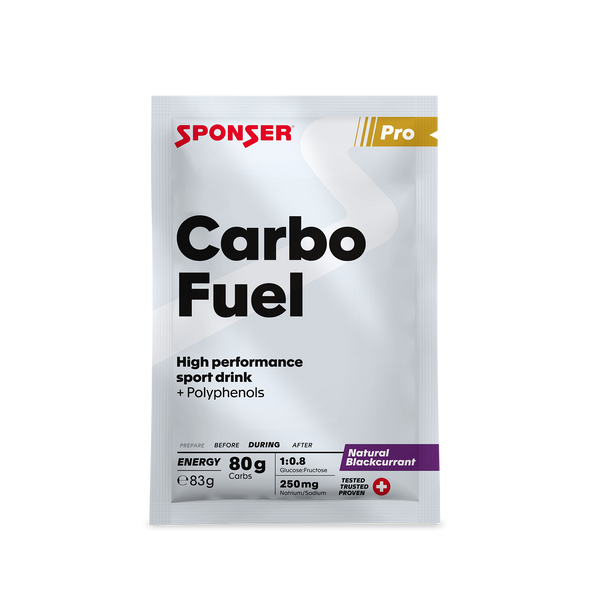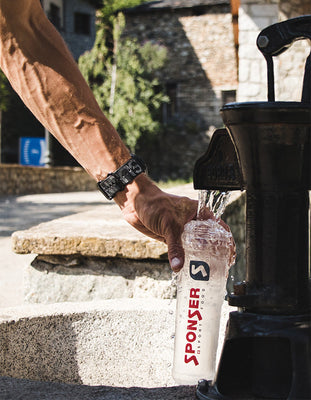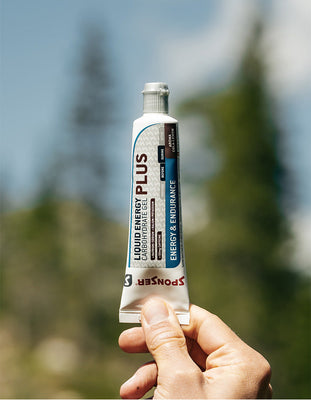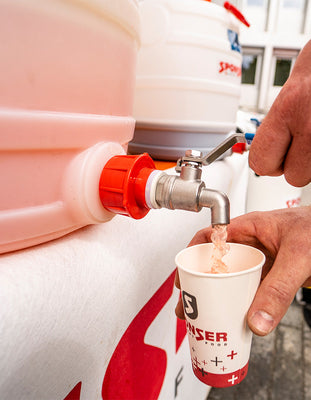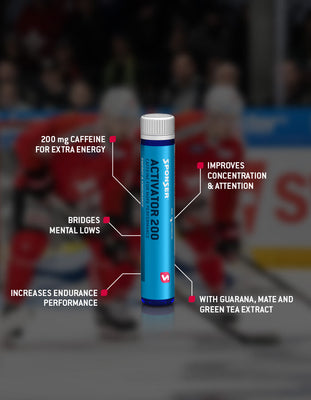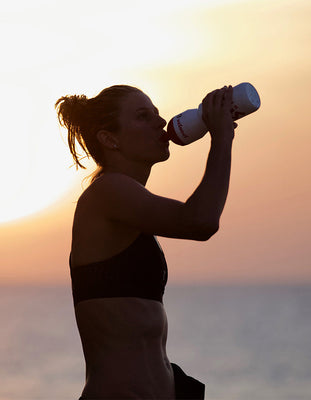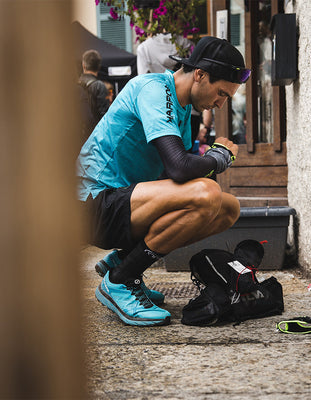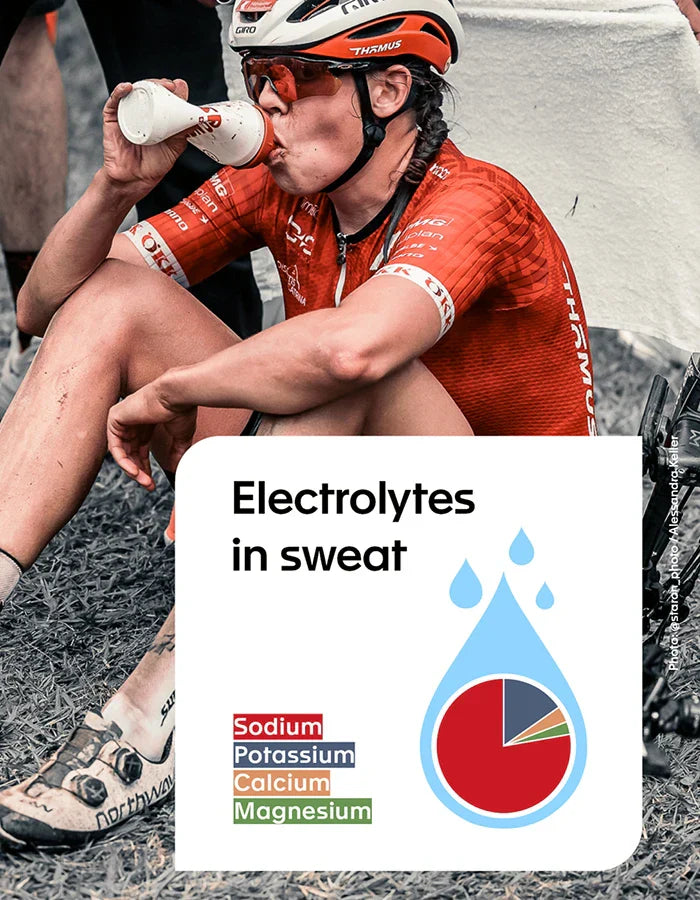
Photo credit: @staron_photo / Alessandra Keller
Electrolytes in sports nutrition: function, importance and tips
By electrolytes we understand in sports nutrition the minerals sodium, potassium, calcium and magnesium. These are the main minerals lost through sweating. The higher the air temperature and the intensity of the physical activity, the more we sweat. Therefore, we have a bigger need for fluid and electrolytes in these situations.
Function
Electrolytes are particularly vital for fluid balance and transport in the body. They thus also influence the transport of nutrients and their metabolites in and out of our cells. In addition, electrolytes stabilize the pH value, influence heart and muscle function and promote heat tolerance and cognitive performance.
Sodium
Salt is colloquially often used as a synonym for sodium. However, Sodium is actually not the same as salt - but an ingredient of it. Common table salt, for example, consists of about 40% sodium and 60% chloride. Due to its high need for our body and the amount excreted in sweat (see figure), sodium is THE central electrolyte during sports activities. Sodium is also indispensable for the transport of fluids and energy from the intestine into the blood and to maintain fluid balance inside and outside of the cells. Sodium loss depends on many factors. It varies from person to person and ranges from 400 to 1600 mg of sodium per litre of sweat.
Electrolyte deficiency
Particularly with intensive, prolonged physical activity, high air temperature and humidity (heat), electrolytes, especially sodium, must be adequately replaced during exercise to prevent a drop in performance. Typical signs of fluid and electrolyte deficiency are, for example, increased heart rate, impaired heat regulation, reduced cognitive function or increased risk of cramps.
Tips
• Activities in hot weather or of more than 2-3 hours duration require a targeted sodium or electrolyte supply.
• In the case of high-intensity activities (competition) and heat, a targeted electrolyte loading may be considered in the days prior to the competition.
• Sports drinks such as
COMPETITION or
ISOTONIC provide you with energy and electrolytes. If you prefer electrolytes without energy,
ELECTROLYTES tabs are ideally suited as sports drinks, while the practical
SALT CAPS can be used as concentrated electrolytes besides and independent of any drinks.
• A sweat analysis with the
SWEAT PACK test kit can be an interesting and potentially performance-enhancing tool for competitive athletes.
You may find the ideal sports drink designed for your individual purpose in the following overview:
» Overview of all the sport drinks from SPONSER (PDF)
Related articles
on
» fluids
on
» endurance performance
on
» muscle cramps
on
» race nutrition
shop
» energy & endurance
goal
» energy & endurance
goal
» professional & competitive sports
